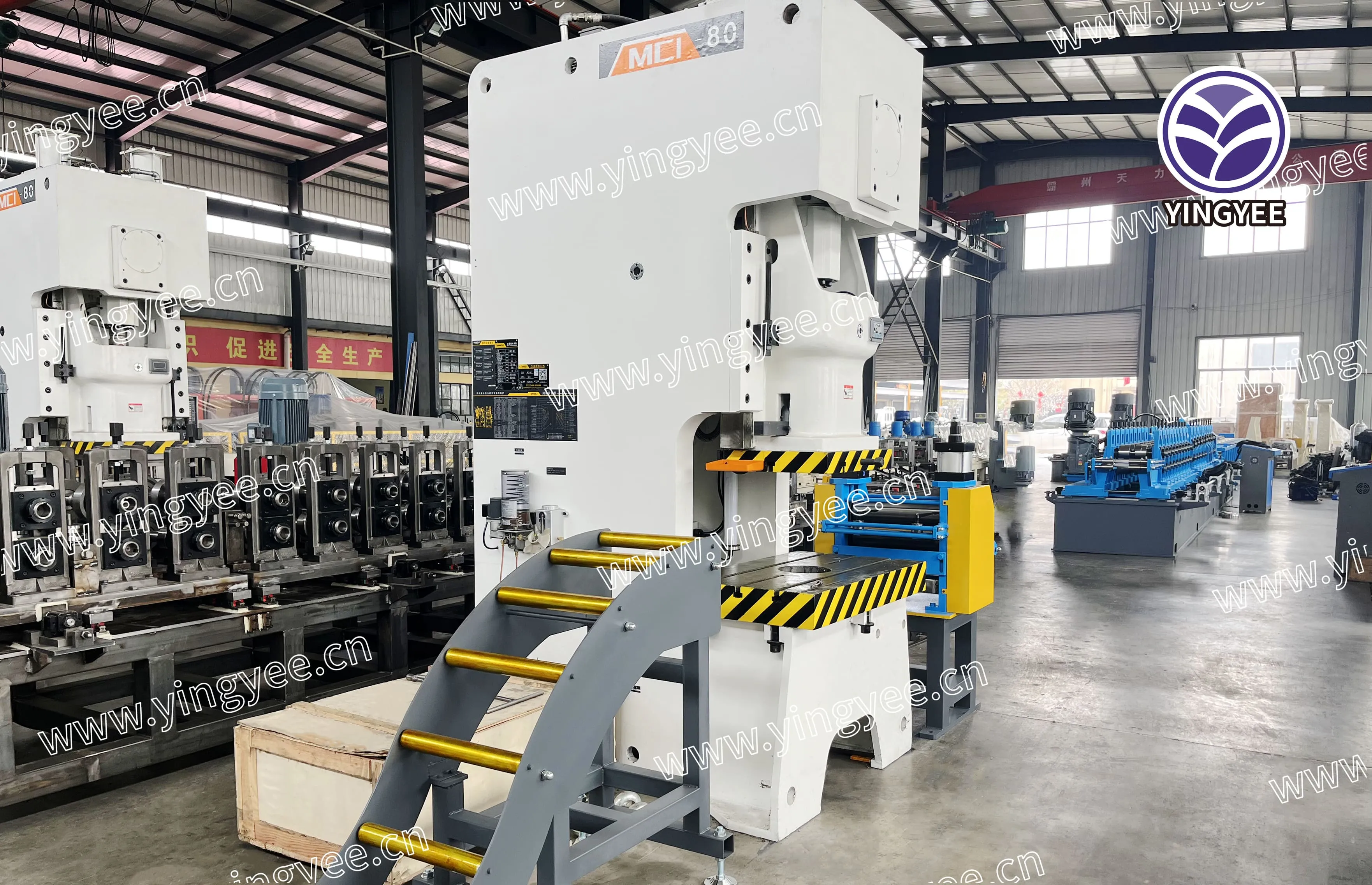
Understanding the Significance of Forming Machines in Modern Manufacturing
In the contemporary manufacturing landscape, forming machines play an indispensable role in the production of various components and products. These machines are designed to shape and mold materials into specific forms, ensuring precision and efficiency in the manufacturing process. From metal to plastic, forming machines are utilized across various industries, underscoring their versatility and importance.
At the heart of forming machines is their ability to convert raw materials into useful products through mechanical processes. The primary types of forming machines include stamping machines, bending machines, roll forming machines, and extrusion machines, each serving unique functions. For instance, stamping machines are widely used in the automotive and electronics industries to create intricate metal parts, while bending machines are essential for shaping sheet metal into desired angles and configurations.
One of the most significant advantages of using forming machines is the high level of precision they offer. Modern forming machines are equipped with advanced technologies, such as Computer Numerical Control (CNC), enabling them to execute complex designs with minimal error margins. This precision not only improves the quality of the final product but also reduces material waste, contributing to a more sustainable manufacturing process.

In addition to precision, forming machines enhance production efficiency. Automated forming machines can operate continuously, producing large quantities of products in a short time frame. This increased productivity is vital for manufacturers aiming to meet market demands without compromising on quality. Moreover, the automation of these machines reduces the need for extensive manual labor, allowing companies to allocate their workforce to more specialized tasks.
The implementation of forming machines has also led to innovation in product design. Designers can now experiment with new shapes and configurations, confident that forming machines can produce complex geometries with ease. This flexibility not only encourages creativity in product development but also opens up new possibilities for functional enhancements, leading to better-performing products in various applications.
Moreover, the ongoing advancements in forming machine technology, including improvements in software, materials, and machine components, continue to shape the future of manufacturing. As industries evolve, the demand for more efficient, precise, and adaptable forming machines will only increase.
In conclusion, forming machines are a cornerstone of modern manufacturing, providing essential capabilities that drive productivity, precision, and innovation. As technology advances, the role of forming machines will become even more critical, ensuring that manufacturers can meet the evolving needs of their markets while maintaining high standards of quality and sustainability. By understanding and leveraging the advantages of forming machines, companies can position themselves strategically in an increasingly competitive landscape.